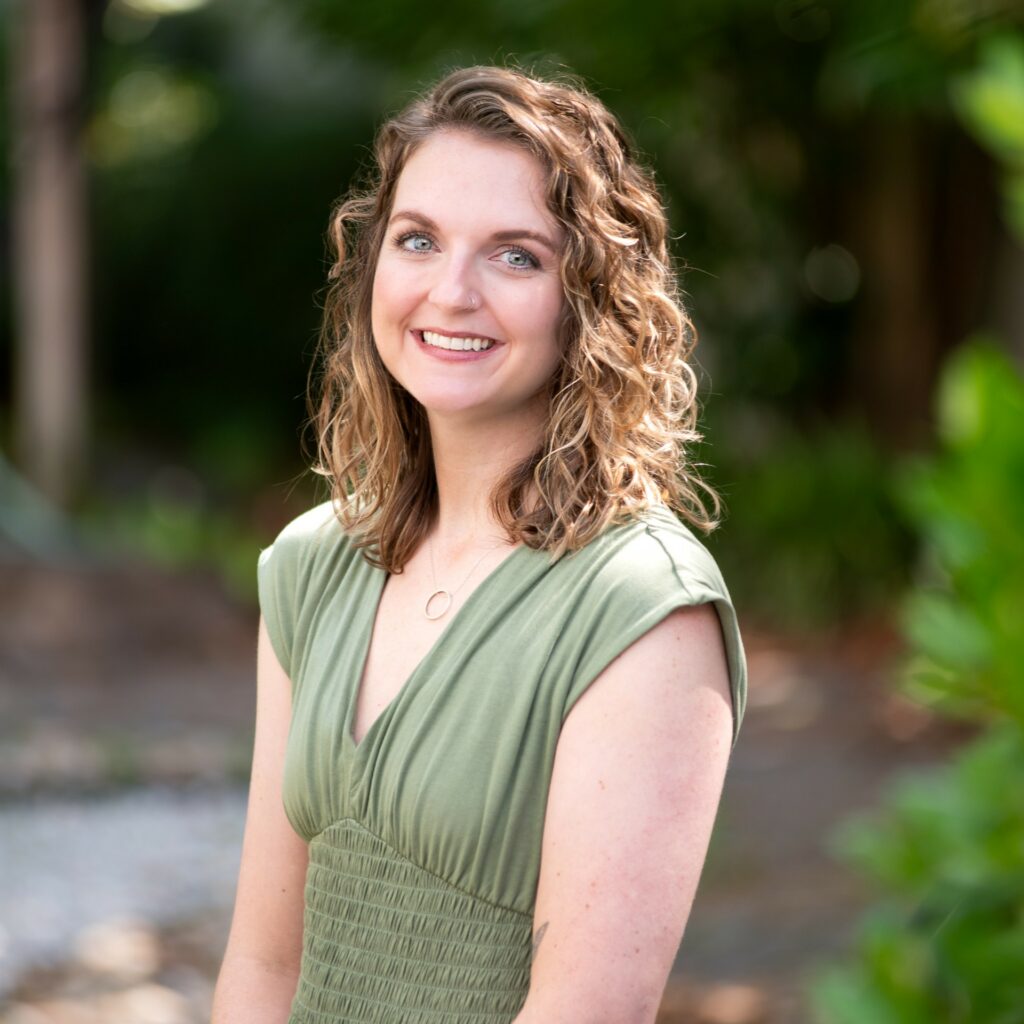Department of Psychological Sciences Graduate-in-Residence lectures on navigating terminal illness and grief
3 min read
Abigail Gellene-Beaudoin returns to Mary Washington after graduating in the class of 2013 | umw.edu
by ELIZABETH DELGADO
Staff Writer
On Sept. 12, the UMW Psychology Department welcomed Graduate-in-Residence and psychotherapist Abigail Gellene-Beaudoin to speak on navigating terminal illness.
Gellene-Beaudoin graduated from the University of Mary Washington in 2013 with a degree in psychology and went on to receive her master’s in social work from the University of Southern California. As a licensed clinical social worker and practicing psychotherapist, Gellene-Beaudoin works with children and families as they process a terminal diagnosis of a loved one.
Gellene-Beaudoin currently works as a psychotherapist at Peninsula Child and Family Services. She is the 2024 Department of Psychological Science Graduate-in-Residence, which is a program that began in 1995 as part of career advising. She was personally invited by faculty to return to campus to acquaint current psychology majors with graduates experienced in the field.
During the lecture, titled “Talking about the Tough Stuff: Helping caregivers find the words to explain a loved one’s terminal illness or end-stage disease to children,” Gellene-Beaudoin spoke about how to engage with children who are currently anticipating or have recently lost a loved one.
“[W]hen kids come to me, the idea is that they know what they need to work on, and my job is to be the holding space for them to do the work they know they need to do,” said Gellene-Beaudoin.
Her work as a psychotherapist specializes in grief and chronic illnesses. She works with children, employing techniques such as cognitive-behavior therapy and play therapy for younger kids. According to the Center for Child Counseling, child-centered play therapy is a noninvasive therapy that involves mimicking and reflecting the natural behaviors that come up during play.
Child-centered play therapy works for all types of kids from a variety of backgrounds.
“I think it’s really great because it’s transdiagnostic, I don’t really care what the kid’s diagnosis is coming in … I have kids that have been through abuse, or kids that are grieving, or kids that have a new baby brother or having ADHD, it doesn’t really matter,” she said.
Senior psychology major Hannah Shipp relates ideas discussed in the lecture to concepts her professors have taught in class.
“Tying that together with my previous psychology knowledge, it makes sense that using play in therapy works best for children, due to not being able to understand more complex concepts,” she said.
Gellene-Beaudoin places a lot of emphasis on trust and reassurance between caregivers and kids during tough conversations. She warns about “information overload,” which can overwhelm young children and leave them feeling confused and agitated.
To combat potential frustration, Gellene-Beaudoin suggests that a parent, adult or caregiver should focus on answering questions that the child might have and letting the child guide the conversation. This way, the parent can also make sure to recognize and verbally validate the emotions of the child. She also highlights the importance of language during these conversations. By using the specific name of the illness that a loved one may have, children can better understand what is happening to their loved one.
“If they’re old enough to love, they’re old enough to feel loss,” she said.


